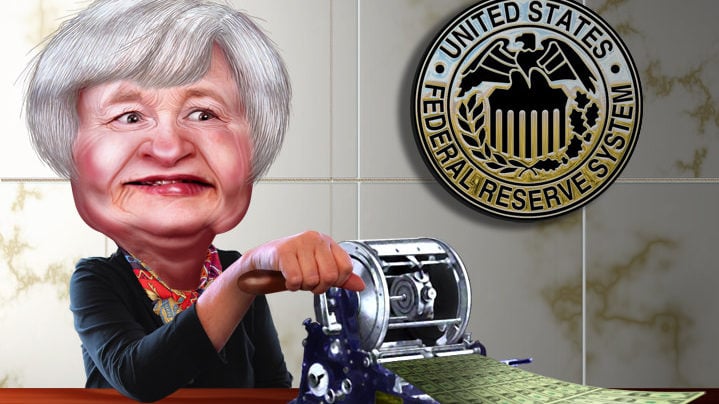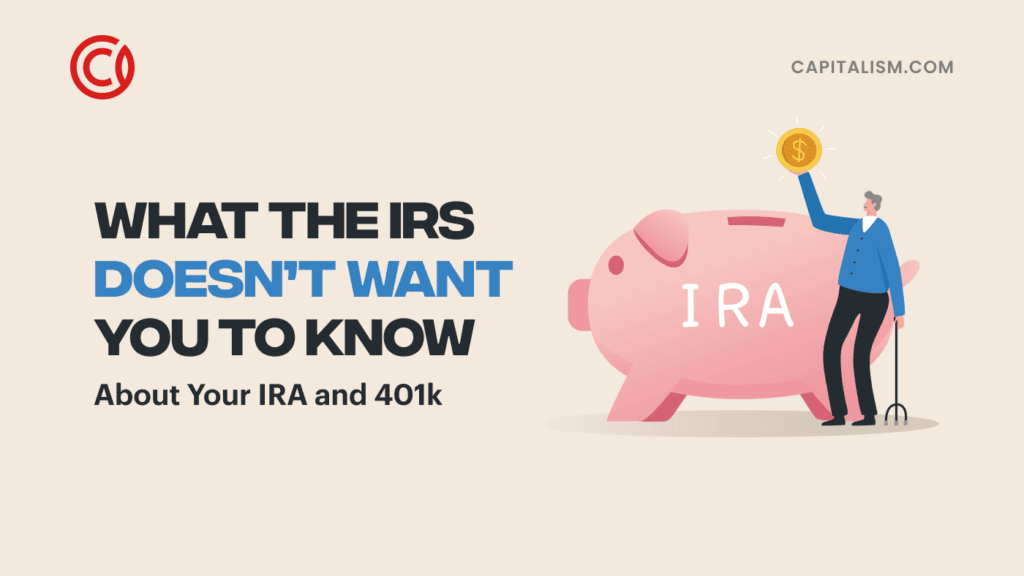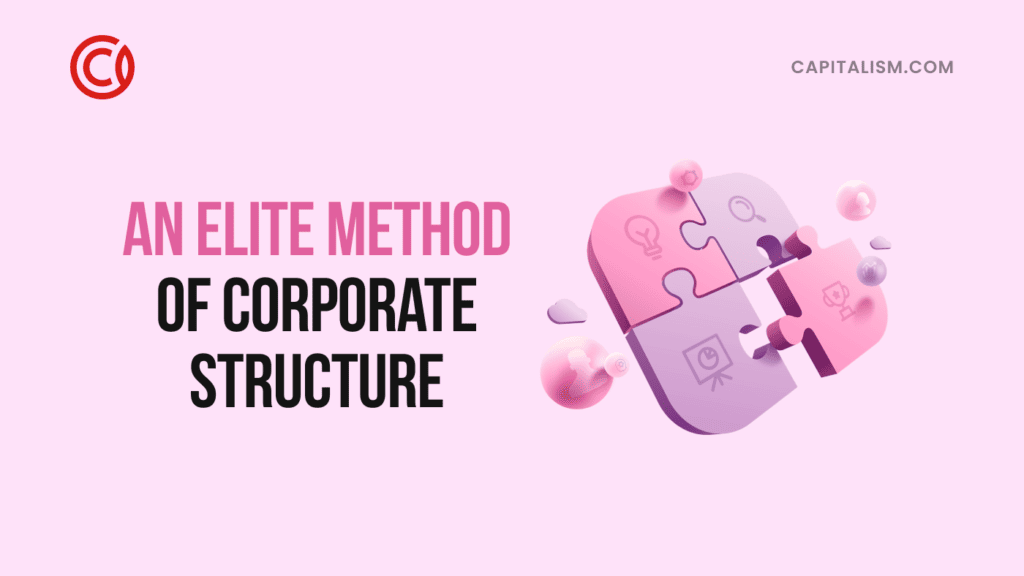For the second time in a decade, the Federal Reserve raises interest rates. Finally!
Oh, wait. Doesn't this feel a little like... Déjà vu?
"We're in the same position we were in last December," Peter Schiff, author, investor, financial analyst and CEO of Euro Pacific Capital, told Capitalism.com. "The Fed was pretending to raise it all year [in 2015] and did it once in December. Back then, they were saying they were going to have four rate hikes [in 2016], and has only made one."
Now the Fed finally raises rates by a quarter of a point, in December, again, and is saying, again, for us to expect rates to go up further in 2017.
Federal Reserve Chairwoman Janet Yellen announced in at the end of its two-day meeting Wednesday that it would raise its key interest rate, the target federal funds rate, by 0.25 percent.
"Economic growth has picked up since the middle of the year," Yellen said, according to CNN. "We expect the economy will continue to perform well."
We've heard it before. Schiff doesn't buy it.
"I seriously doubt we're going to see any of those rate hikes," he said. "I still think the Fed is closer to cutting rates. ... I do believe that, to the extent that we are going to have any fiscal stimulus, the Fed is going to have to go back to QE [quantitative easing] because if we raise government spending and cut taxes, the deficit will rise. ... We cannot have an increase in government spending and tax cuts unless we have the Fed accommodating with additional money printing, and we can't have the Fed increasing interest rates."
When asked President-elect Donald Trump's ideas for the economy, that include a mix of spending increases and tax cuts, Schiff said, "You can't do both."
"Under [former President Ronald] Reagan, it was a different circumstance because long-term rates were at 14 percent ... we had a trade surplus, we didn't rely on foreigners ... government was able to afford the interest rate," he said.
From Alan Greenspan to Ben Bernanke to Janet Yellen, Fed policies have been out of whack with what a free market economy truly needs to thrive, and Schiff has been ringing warning alarms about it for years. He explained that the Fed should raise rates much more than a quarter of a point, but that the result would be an economic crash more disastrous than what we experienced in 2008, impacting real estate, bonds, stocks and our overall economy.
"We are in a tenuous situation," Schiff said. "If they did the right thing, we would have a big crash. If they never do the right thing, we'll have hyperinflation and ... destroy the economy completely."
Despite all this, there were plenty of reports of relief expressed over the Federal Reserve's announcement today.
Relief? Or is this just another flex by our central bank and government to distort the flow of currency in our economy?
Robert Wenzel, editor and publisher of EconomicPolicyJournal.com, weighed in on the rate hike announcement.
"The Federal Reserve today raised the Federal Funds rate by 25 basis points," Wenzel told Capitalism.com via email. "They did this based on the idea that the economy can be driven somewhat like an automobile. Going up a hill, step on the gas (lower rates). Going down, step on the brake to slow things down (raise rates).
"But the economy is nothing like an automobile and money created (and drained) by Fed interest rate manipulations doesn't provide 'power' to the economy, it simply distorts flows of money within an economy. The higher the Fed raises rates the more money will flow away from the capital goods sector (e.g. the stock market and real estate)."
"At the present time, a 25 basis point hike is not enough to seriously change money supply and monetary flows, thus I expect the Fed manipulated boom to continue for the time being. But the Fed is operating on a faulty theory that will eventually lead to strong price inflation and ultimately as the Fed battles the inflation a new crash."
Here is a quote from the official statement from the Federal Reserve's Federal Open Market Committee today:
In view of realized and expected labor market conditions and inflation, the Committee decided to raise the target range for the federal funds rate to 1/2 to 3/4 percent. The stance of monetary policy remains accommodative, thereby supporting some further strengthening in labor market conditions and a return to 2 percent inflation.
The target federal funds rate, according to Julia Chang of LearnVest, "is a benchmark interest rate that determines how much it costs for financial institutions to lend to one another. When the rate rises, so does the cost of borrowing for banks. They may in turn pass their higher costs to consumers in the form of increased interest rates on credit cards, auto loans, mortgages and other types of financial products."
RELATED:
• VIDEO: Government Makes It Easy For Rich People To Get Richer
• VIDEO: Runaway Spending – the $19 Trillion Federal Debt Explained











